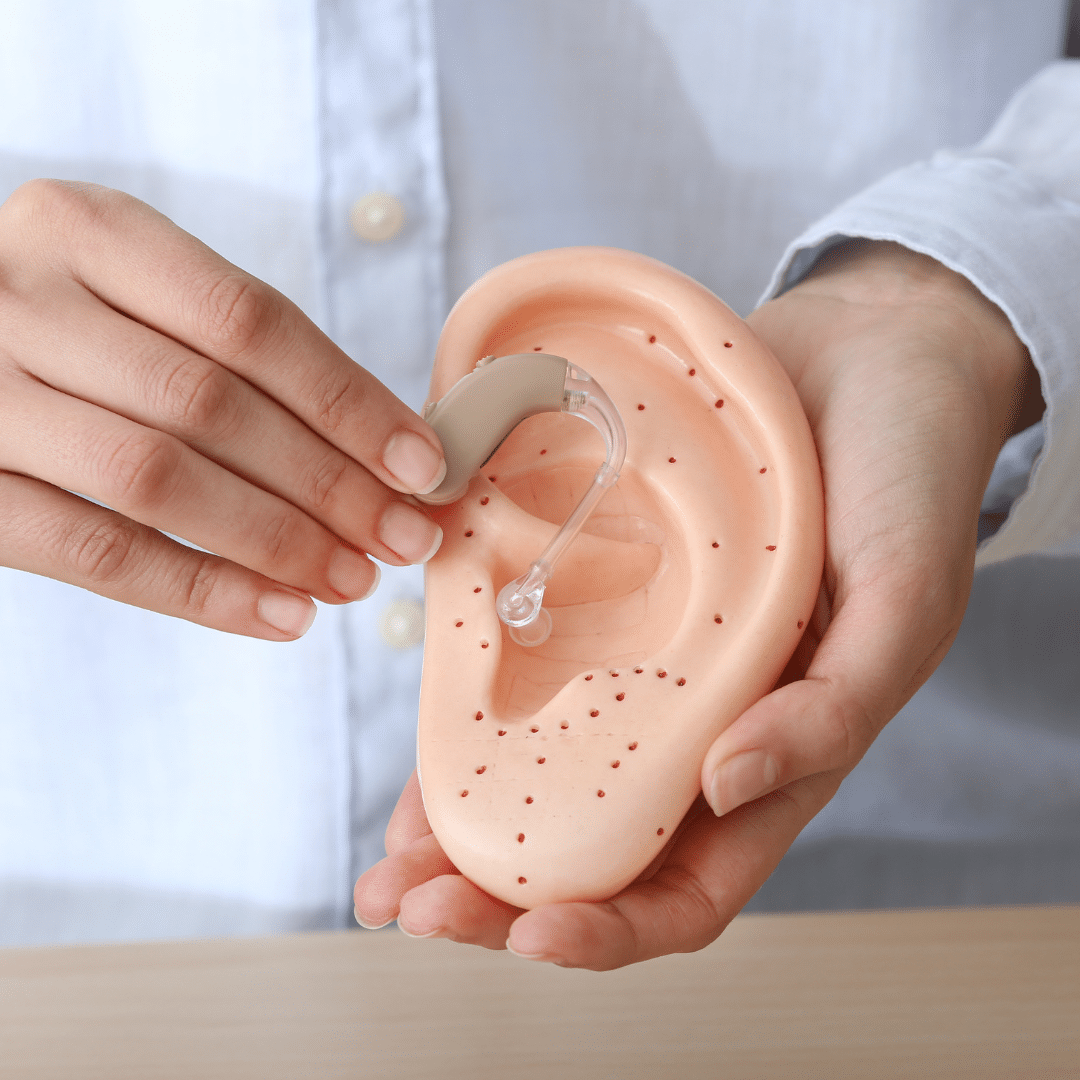Parkinson’s not only affects those diagnosed, but also adds a new layer of complexity to their relationships with loved ones.
Communication is the key to healthily navigating your concerns with your parent with Parkinson’s and showing support in the most effective way. Throughout my childhood and now adulthood of living with my mother and her diagnosis, I have reflected on our conversations around PD, and I present five tips on communicating and supporting your parent with Parkinson’s.
1. Approach discussions at the right time in the right way.
When discussing more sensitive topics, reading the other person and situation correctly becomes more important. Everyone is receptive to different approaches, but there are a few ways to frame conversations that I have found especially helpful. Try setting up conversations around adding in more healthy habits versus taking something away. For example, if I notice my mother is puttering around the house and not taking enough time for self-care, instead of insisting that she stop whatever task she is tackling immediately I might suggest that she take some time to read a good book, lounge with a cup of tea, or catch up with friends and family over the phone. Being deliberate in when you approach these conversations is key. I try to be more proactive and consistent rather than ambushing my mother while she is in the middle of a task.
2. Show you care and help out through actions.
There may be certain topics and conversations that cause tension between you and your parent with Parkinson’s. In my family it is suggesting my mother take more breaks and ask for help when it comes to housework and errands. Instead of causing unnecessary issues by bringing these topics up often, my sisters and I have adapted by being more aware of when my mother is silently struggling and intercepting chores before she can get to them. Another approach can be proactively taking actions that may ease your parent’s workload or supporting them in other ways they find helpful.
3. Get involved and educated.
Not only is it important to listen to the experiences of your parent with Parkinson’s, but also getting involved with the PD community may give you more insight into the disease and its effects. The more you are able to listen to others, the more likely you are to learn something that could help you and your parent with Parkinson’s navigate the disease and your relationship. This can look like participating in a fundraiser, a local 5K, attending a support group, or even reaching out online. As the quote goes, “we fear what we do not understand,” so educating yourself on all aspects of Parkinsons’s and its greater implications for your parent and your family will not only lessen your anxiety and worries, but may also open you up to more PD-centered conversations.
4. Seek the help of others.
Along with getting involved with the PD community, another way to learn more is by seeking the help of others when necessary. For example, if you would like to learn more about the disease itself and the kind of care your parent is receiving, perhaps go along with them to their next doctor’s appointment if they are comfortable with that. Reach out to other members of your family and support network to get advice and to keep the conversation about PD continuously going.
5. Know when to take a step back.
As much as it is important to be there for you parent with Parkinson’s it is also key to know how they need you. I often find myself trying to take on every chore and task that I suspect my mother may need support with, without taking into account how strong I know she is! I acknowledge that just as this disease is physically challenging for her it is also mentally difficult, and trying to stop her from doing everyday chores in the name of physical self-care might affect her mental morale.
This disease is complex and challenging, and so navigating your relationship with a loved-one with PD is too. Ultimately, they are still your parent, the same person you have always known and so just like any other challenge in your relationship, it comes down to respect, understanding, and communication!
By Neha Mathur, who is pictured with her mother, Soania, above.



